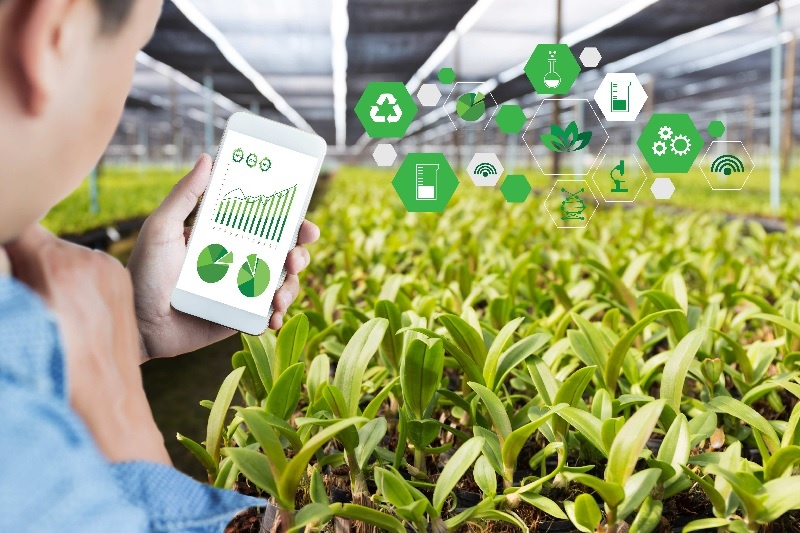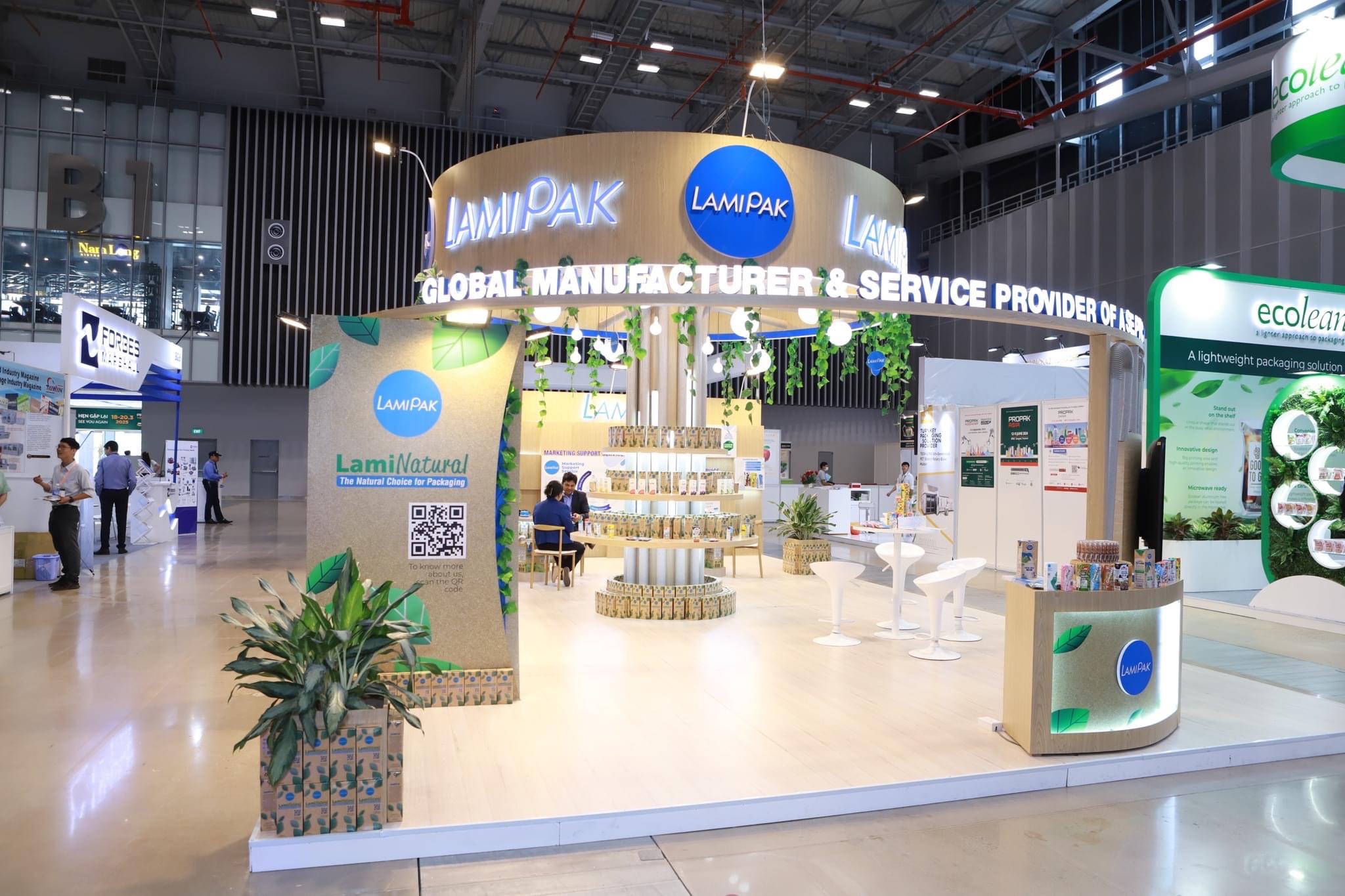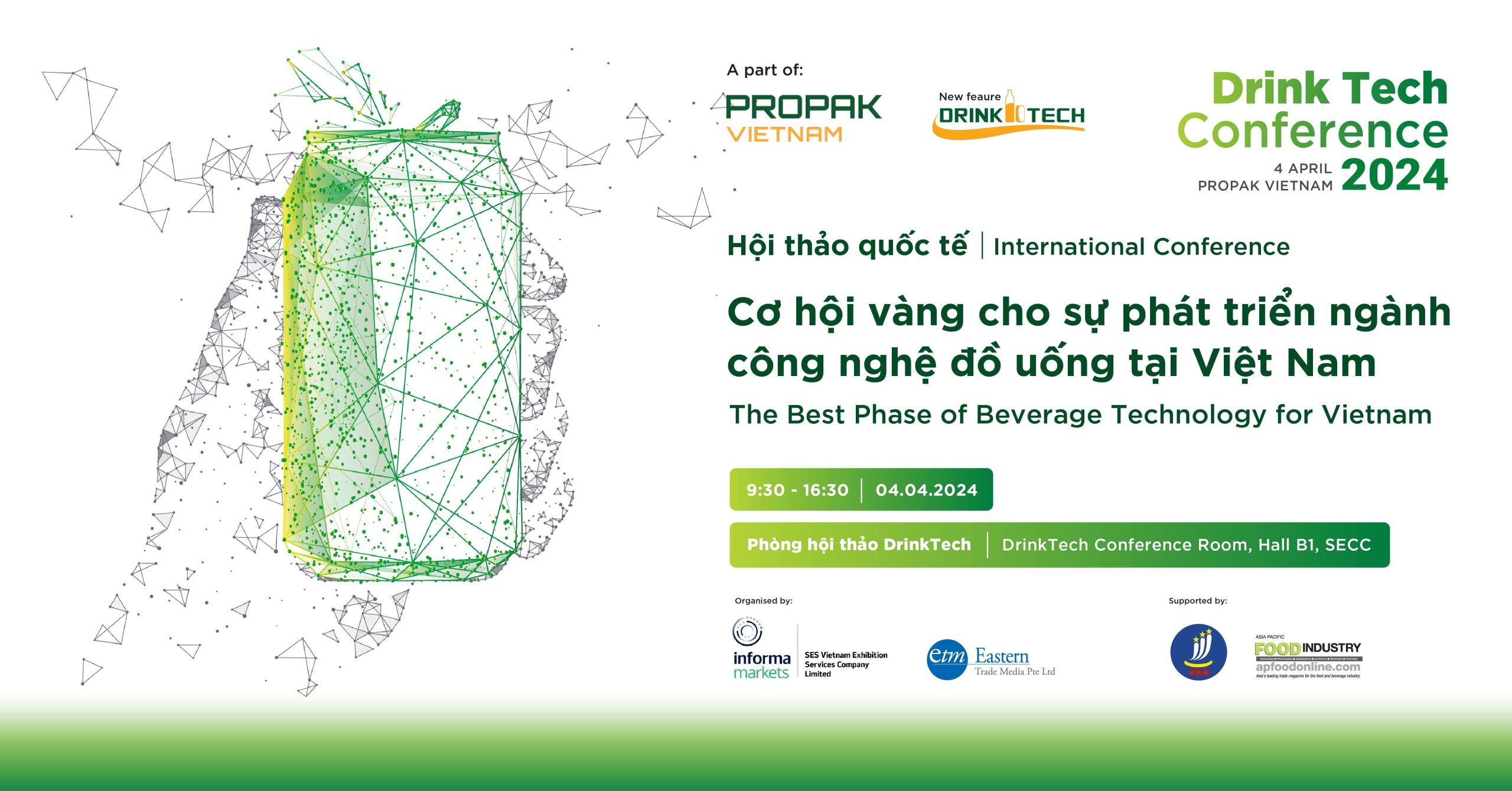Vietnam’s agriculture striving for smarter processing
Vietnam has earned continued urge on further modernising its agricultural sector as a key solution to raising product value, thereby increasing export earnings and taking maximum benefits from free trade agreements.

Vietnam’s agriculture striving for smarter processing, illustration photo
Nam A Bank signed a strategic cooperation agreement last week with Nam Mien Trung Company, a large-scale shrimp breeder. According to the agreement, Nam A Bank will become the financial partner and support capital for Nam Mien Trung’s closed production and trading chain, including investment activities, infrastructure construction, and payments.
The funding will be used to help build a shrimp processing factory in the Mekong Delta province of Long An, as well as fund a chain of stores that provide seed, feed, medicine, supplies and equipment for shrimp farming and technical consultancy. It will also help ensure output purchasing/outsourcing and provide integrated financial solutions for Nam Mien Trung and its member companies.
The two parties expect to increase business value, boost exports, and sustainably develop the Vietnamese shrimp value chain worth VND30 trillion ($1.3 billion) by 2025.
Nam A Bank general director Tran Ngoc Tam said, “According to the development orientation of Vietnam’s seafood industry to 2030, the bank hopes to accompany the Ministry of Agriculture and Rural Development as well as specialised agencies and enterprises to build and develop the aquatic ecosystem, especially for exporting shrimp. This will contribute to creating more added value for the sector.”
According to the AgriBusiness Working Group under the Vietnam Business Forum, in order for cooperation deals like the one between Nam A Bank and Nam Mien Trung to take place, there is a need for the government to devise more favourable conditions to upgrade the agricultural sector so that it can lure in more domestic and foreign investment capital.
David Whitehead, head of the working group, said last week, “In 2022, the agriculture sector will need to re-invent itself, not only in Vietnam but throughout the world. Developing smart processing is a key solution to raising product value, and thereby increasing export earnings, which is also in line with the government’s goal of entering the top 15 countries with advanced agriculture, and the top 10 with modern farm production processing.”
At present, Vietnam is proactive in participating in international integration via trade agreements. These have helped Vietnam’s farm produce make inroads into large markets and thereby advancing its agricultural exports, especially aquatic products, vegetables and fruits, rice, and tea.
“Post-harvest processing and value-adding are considered a key step in increasing the value of agricultural products and reducing losses, helping businesses to seek appropriate export markets for their products,” Whitehead said.
According to the AgriBusiness Working Group, efforts to modernise and further promote technology application in post-harvest processing have resulted in an increase of between 5 -7 per cent in the agriculture sector’s annual added value, pushing the average export turnover up by 8-10 per cent per year.
In 2021, the export turnover of agricultural, forest and fishery products in Vietnam reached a record high of $48.6 billion, an increase of nearly 15 per cent compared to 2020.
Foreign direct investment (FDI) in this sector has, however, been modest. Statistics published by the Foreign Investment Agency under the Ministry of Planning and Investment showed that the accumulated registered FDI to date is about $3.73 billion for 517 projects, or 0.9 per cent of the country’s total registered FDI capital of $415.6 billion. In January alone, there was only one newly-registered project and one added-capital project with the total investment capital of $4.67 million.
The Vietnamese agricultural sector currently has nearly 50,000 domestic and foreign-invested enterprises, which includes Cargill, CJ, C.P. Vietnam, Masan Group, and TH Group. FDI in the country’s agricultural sector is largely focused on producing animal feed and processing farm produce. Industry leaders said there is a lack of special incentives from the government despite both local and foreign companies actively implementing high-tech agricultural projects in Vietnam.
Masan Group chairman Nguyen Dang Quang has asked the government urgently to create policies to manage and develop near-shore water resources. To unlock the full potential of Vietnam’s long coastline, the Vietnamese government should formulate a clear strategy with an emphasis on sustainable farming, according to Quang.
Source: vir.com.vn





